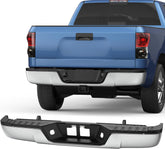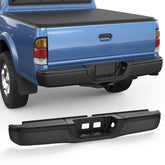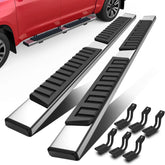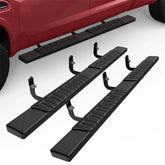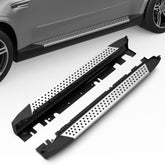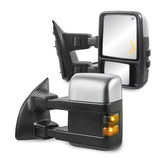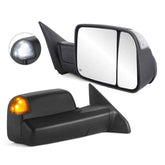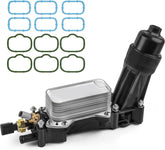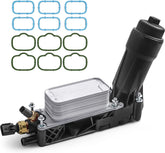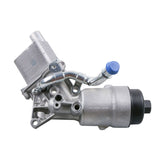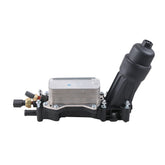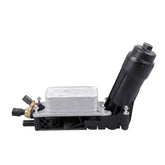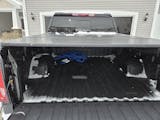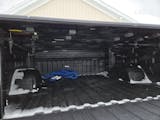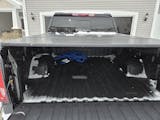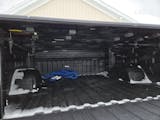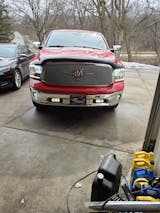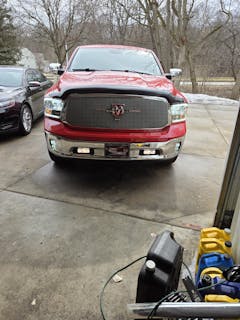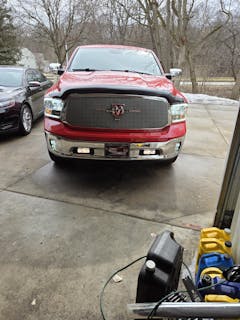Filter
5 results
20
- 10
- 15
- 20
- 25
- 30
- 50
Best selling
- Featured
- Best selling
- Alphabetically, A-Z
- Alphabetically, Z-A
- Price, low to high
- Price, high to low
- Date, old to new
- Date, new to old
Sort
Sort by:
- Featured
- Best selling
- Alphabetically, A-Z
- Alphabetically, Z-A
- Price, low to high
- Price, high to low
- Date, old to new
- Date, new to old
-
Engine Oil Cooler and Filter Housing Adapter gaskets Sensor Kit Fit for 2014-2017 Chrysler 200/300 Dodge Jeep Ram 3.6L Aluminium 68105583AFVendor: MOSTPLUSMOSTPLUS Oil Filter Adapter Housing & Intake Seals For 2014-2017 Chrysler Dodge Jeep Ram 3.6L 68105583AF Details Brand: MOSTPLUS Warranty: 1 Year OEM Part Number: 68105583AF 68105583AA 68105583AB 68105583AC 68105583AD 68105583A Specifications Direct OE Replacement High quality oil filter media Aluminum oil cooler Fluorocarbon...
- $69.99
$104.99- $69.99
- Unit price
- / per
-
5184294AE Engine Oil Filter Cooler Housing Adapter Assembly Sensors for 2011-2013 Chrysler Dodge Jeep Ram 3.6L V6 Engine 5184294AC 5184294ADVendor: MOSTPLUSMOSTPLUS Oil Filter Adapter Housing & Intake Seals For 2011-2013 Chrysler 200 Dodge Durango 5184294AE, 5184562AC Details: Brand: MOSTPLUS Warranty: 1 Year Specifications Direct OE Replacement without extra modification High-quality oil filter media Material: Aluminum OEM Part Number: 5184294AE, 5184294AC, 5184294AD, 5184304AD, 5184304AE, 5184304AF Oil Filter...
- $69.99
$137.59- $69.99
- Unit price
- / per
-
Oil Cooler Filter Housing Adapter For Chevy Cruze Sonic Trax 1.4L 55566784Vendor: MOSTPLUSDetails Brand: MOSTPLUS Warranty: 1 Year Specifications Interchange Part Numbers:55566784,650039,88179-91400 Fitment Buick Encore 2013-2020 1.4L L4 Chevrolet Cruze 2011-2015 1.4L L4 Chevrolet Cruze Limited 2016 1.4L L4 Chevrolet Sonic 2012-2020 1.4L L4 Chevrolet Trax 2015-2020 1.4L L4
- $53.99
- $53.99
- Unit price
- / per
-
Oil Filter Housing Adapter For 2014-2017 Dodge Journey Avenger Chrysler 200 300Vendor: MOSTPLUSDetails Brand: MOSTPLUS Warranty: 1 Year Specifications 100% brand new and high quality Manufacturer part number: 68105583AF Other part number: 68105583AC, 68105583AE, 68105583AA, 68105583AB Fitment 2014-2017 JEEP CHEROKEE WITH 3.6L V6 ONLY 2014-2017 RAM 1500/2500/3500 WITH 3.6L V6 ONLY 2014-2017 DODGE JOURNEY WITH 3.6L...
- $57.99
- $57.99
- Unit price
- / per
-
Oil Cooler Filter Housing Adapter For 2011-2013 Dodge Avenger Chrysler 300 JeepVendor: MOSTPLUSDetails Brand: MOSTPLUS Warranty: 1 Year Specifications Items in Stock Fast Shipments Good Value for Money Package Content: 1 PC Replace Part Number: 5184294AE Fitment For 2011-2013 DODGE CHALLENGER WITH 3.6L V6 ENGINE For 2011-2013 DODGE CHALLENGER WITH 3.6L V6 ENGINE For 2011-2013 DODGE...
- $60.99
- $60.99
- Unit price
- / per
